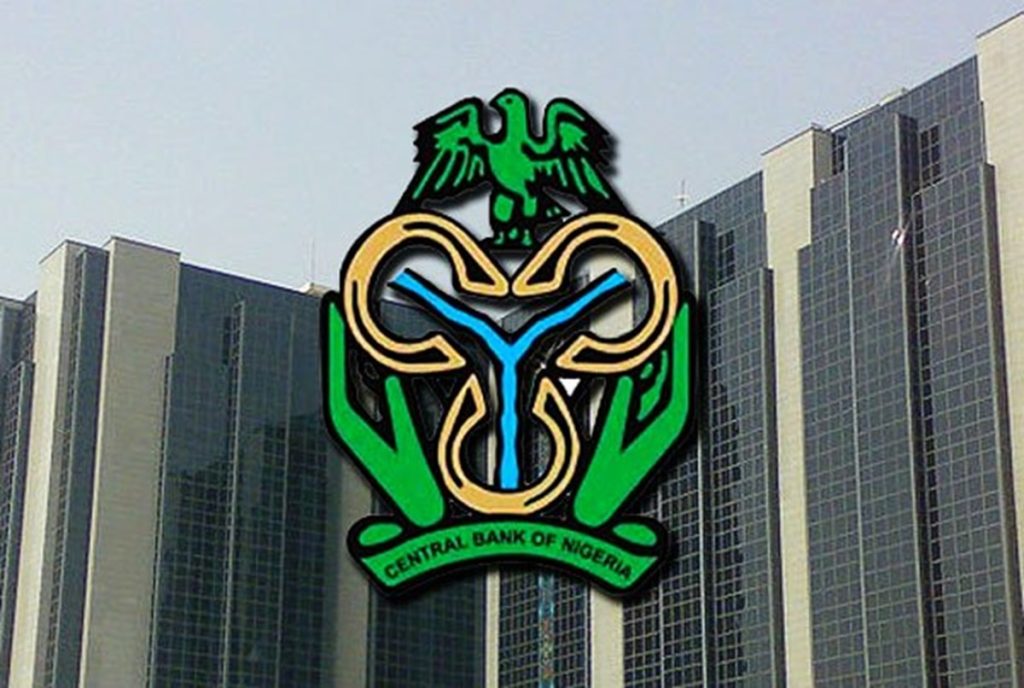Cash has remained scarce across the geopolitical regions of Nigeria, in spite of the Central Bank of Nigeria instructing deposit cash banks to protect against artificial cash scarcity in the country.
Acting Directors Solaja Olayemi (Currency Operations) and Isa-Olatinwo Aisha (Branch Operations) jointly signed a circular on November 29 that detailed the CBN’s plans to increase cash availability.
The CBN warned of fines for noncompliance and instructed banks to guarantee effective cash disbursement through both automated teller machines and over-the-counter methods, according to the circular.
Additionally, the apex bank encouraged clients who were having problems to notify them by providing information such as the account name, bank name, transaction amount, and date. Nigerians were given access to dedicated phone numbers and email addresses in case they had trouble getting cash.
Nigerians in a few major cities, however, told reporters on Friday that they were still having a lot of trouble getting enough cash at ATMs and over the counters at some commercial banks.
According to an Abuja resident who asked not to be identified, his bank only gave out N5,000 over the counter on Friday.
She said that it might be because of the restricted amount of cash available and that clients were frequently encouraged to utilise ATMs when questioned if this was a bank-wide policy.
A Zenith Bank worker in Delta State disclosed that their branch paid clients up to N20,000 via ATMs and over the counter.
There is a N20,000 cap. Additionally, N20,000 is dispensed by the ATM,” she said.
According to a Facebook post by Tunde Ajiboye, a resident of Lagos, on Friday afternoon, he took out N20,000 at an ATM operated by GTBank in Ikorodu and then took out an additional N30,000 in person at Lotus Bank in the same location.
There was a severe financial shortage in Akure, Ondo State. According to a local, Oluwaseyi Oluwalade, he went to an ATM in Akure but was unable to take out any cash.

“Despite my rapid visit to a PoS operator, I was still not paid. He bemoaned, “I was asked to transfer money, which I did on Friday, but I was only able to pick up the money on Saturday afternoon.”
OPay employee Adeniyi Samuel, another Akure resident, affirmed PoS operators’ grievances over banks’ lack of cash.
“Most of our operators depend on BDC operators or filling station attendants to obtain cash because banks provide very little at ATMs or over the counter,” he said.
Residents of Imo State criticised withdrawal limits as well.
We are not allowed to take out more than N20,000 in the banking hall, according to a resident who begged to be named only as Onyekachi. You put in so much effort, and all you get is a maximum of N20,000. It’s annoying.
In Abia State, a similar situation occurred when banks restricted withdrawals to N5,000–N20,000. Customers received N10,000 from ATMs, but non-customers received as little as N5,000.
People in Kwara also had trouble getting money.
Ilorin resident Ibrahim Taiwo stated that banks could only pay N40,000 at ATMs and N10,000 over the counter. He pointed out that PoS operators now charge N50 more for all withdrawal sums.
Depending on the bank and region, withdrawal restrictions in Osun and Oyo states ranged from N10,000 to N50,000.
A CBN source responded to the incident by accusing certain banks of preferring wealthy clients by handing them large sums of money at the expense of regular Nigerians.
According to the source, the CBN was determined to punish negligent banks.
But one Ogun State banker said, “The amount given to us is not enough to load ATMs for two days,” accusing the CBN of being dishonest.
A Lagos employee of Polaris Bank connected the scarcity to the former CBN Governor Godwin Emefiele’s naira redesign strategy. He pointed out that there was ongoing scarcity because the program destroyed old naira notes without adequately replacing them with new ones.
Fearing a recurrence of last year’s problems, people are hesitant to deposit money in banks. Cash availability is being impacted by this,” he said.
Fasasi Atanda, the national president of the Association of Mobile Money and Bank Agents in Nigeria, charged that the current cash shortage is a result of the actions of petrol stations, supermarket owners, dealers, and other companies that deal with huge amounts of cash on a regular basis.
According to Atanda, those organisations hoarded the money and sold it to cash dealers at exorbitant prices rather than depositing their cash revenues into banks as was customary.


